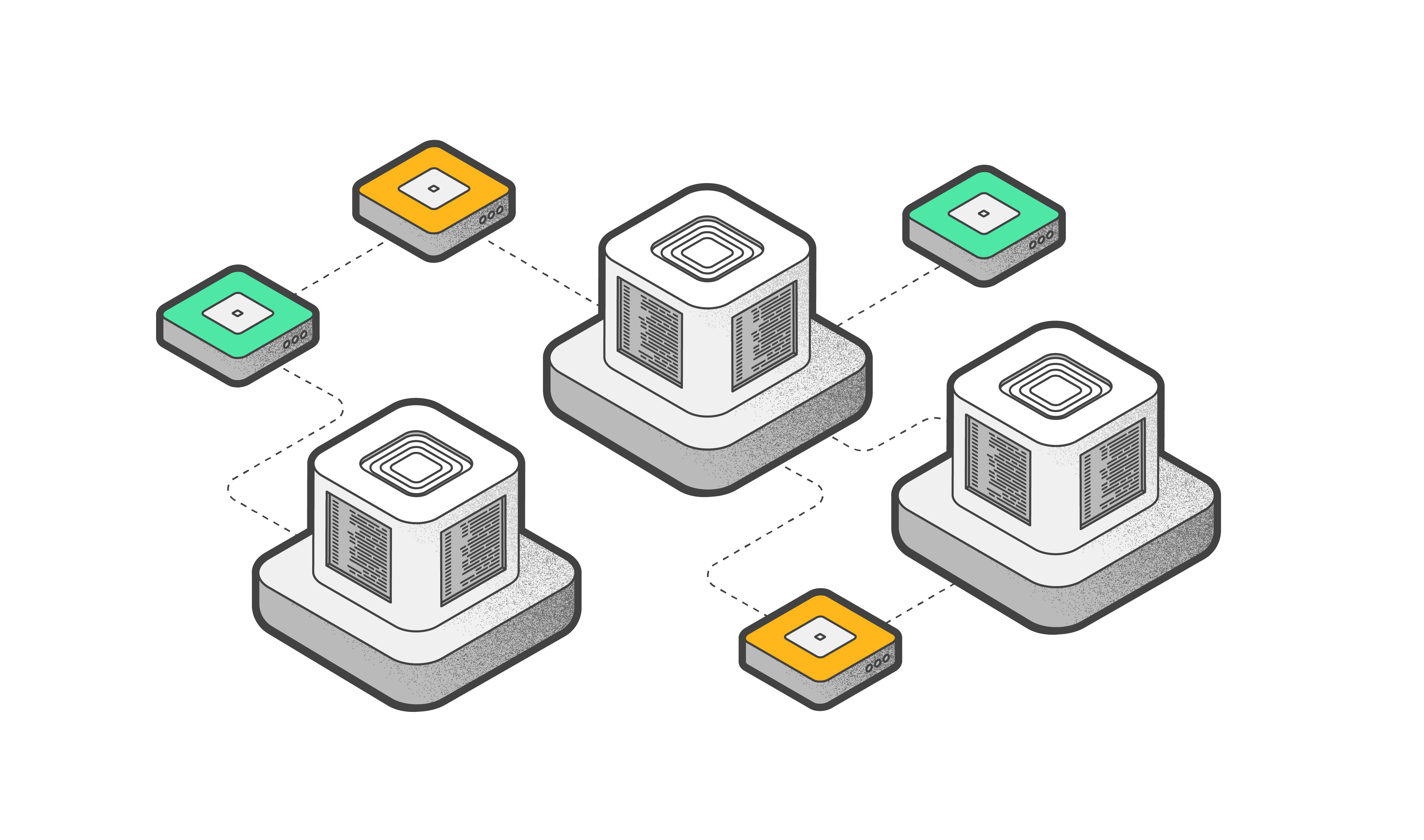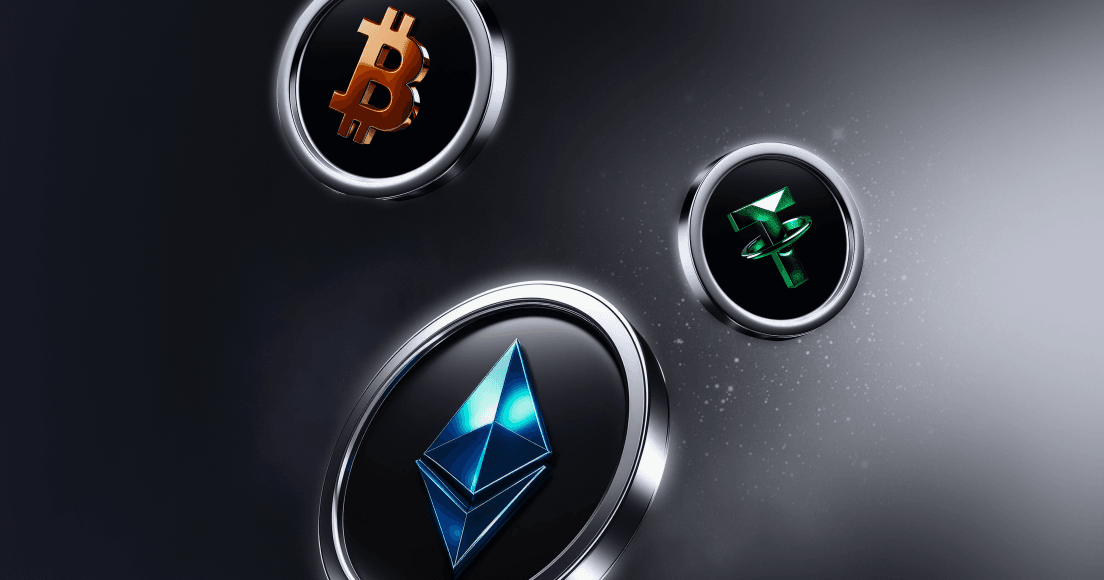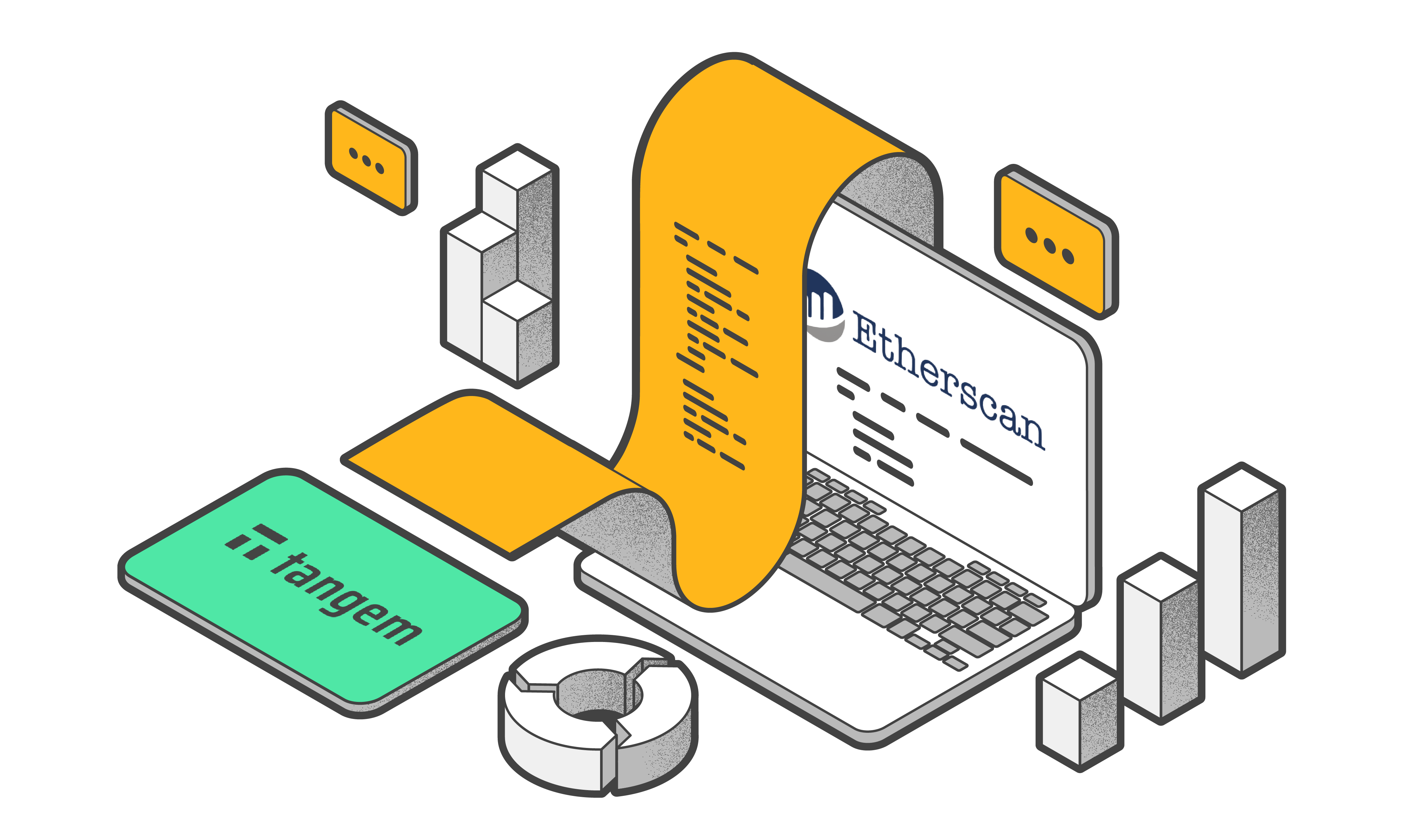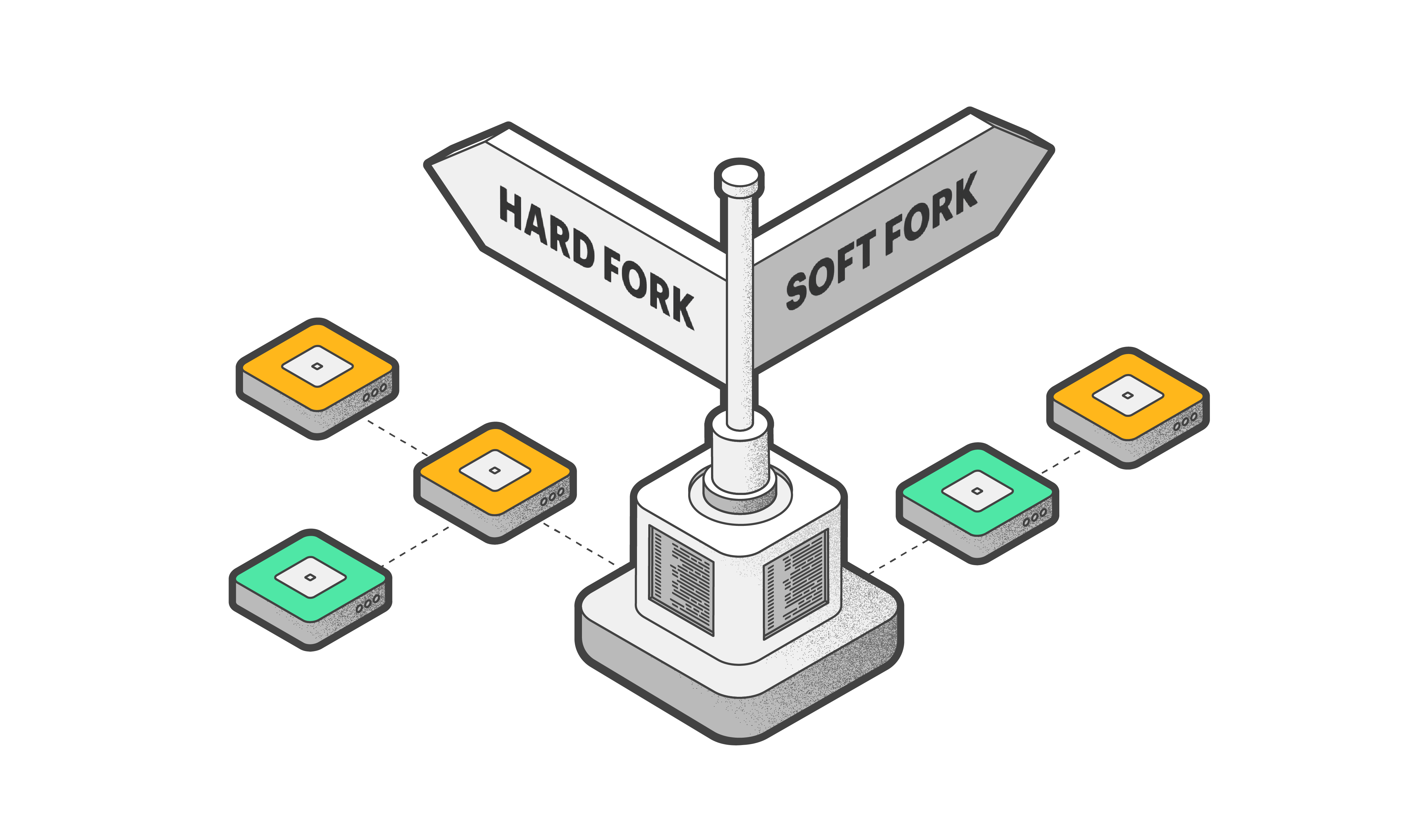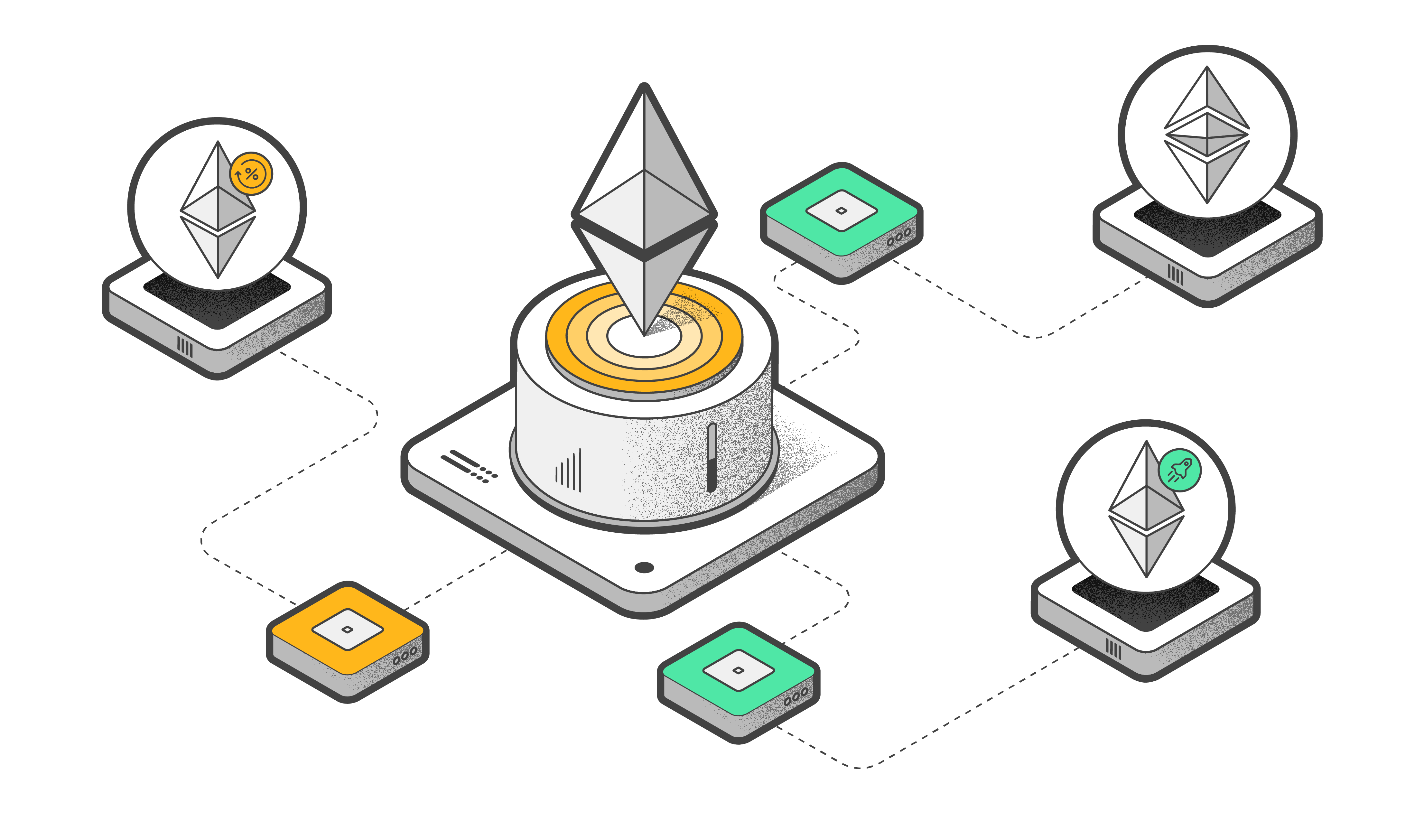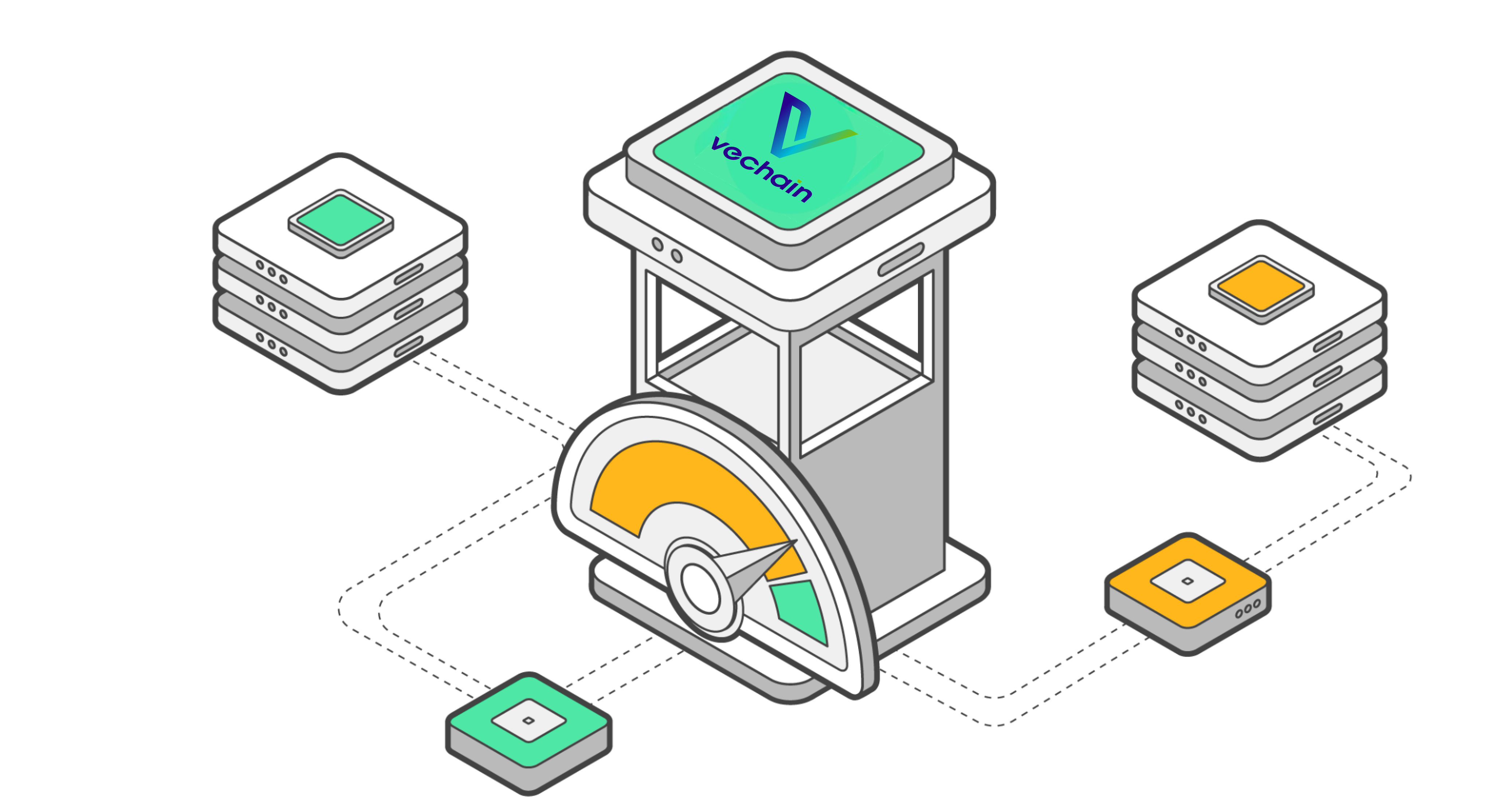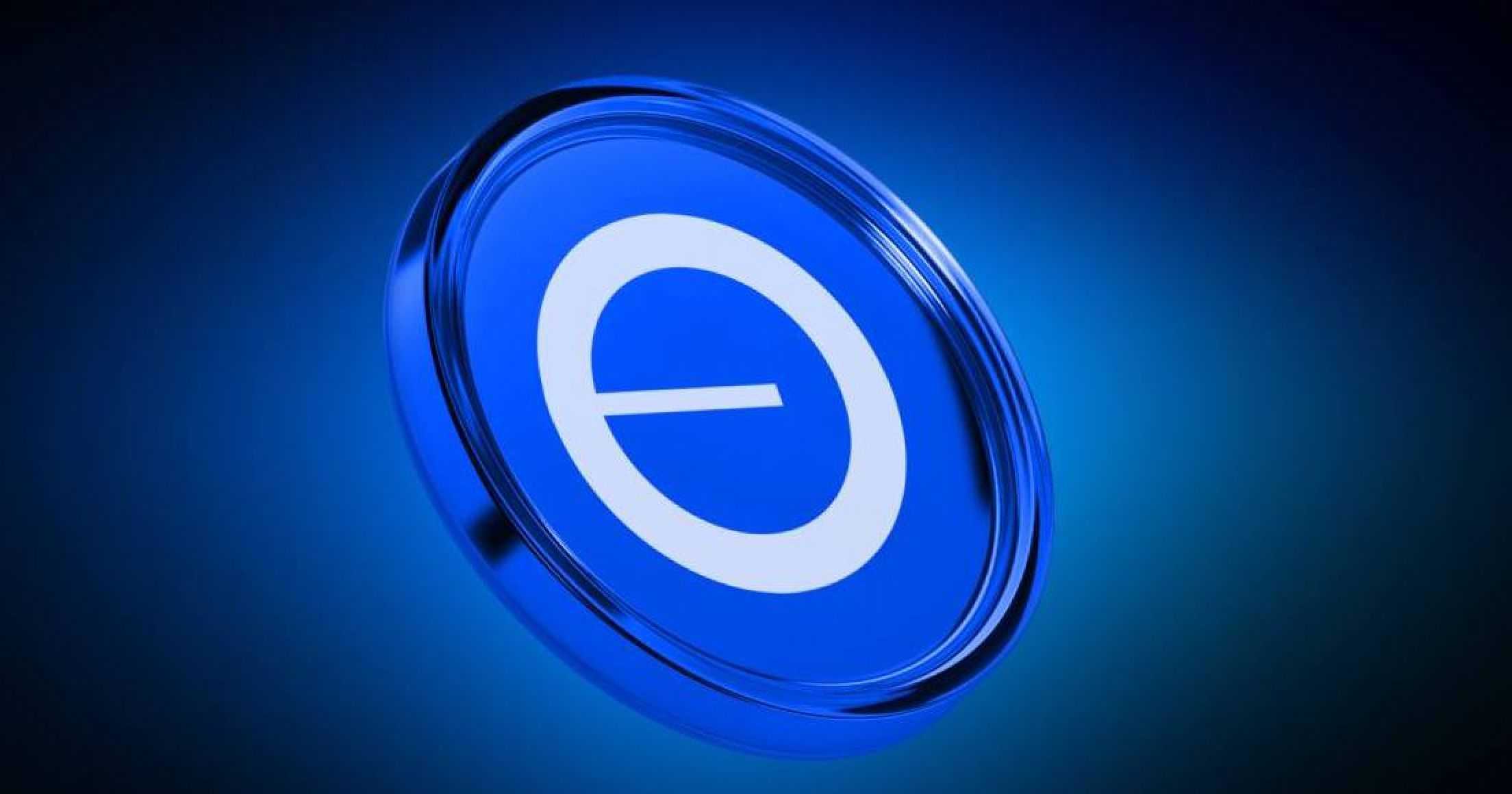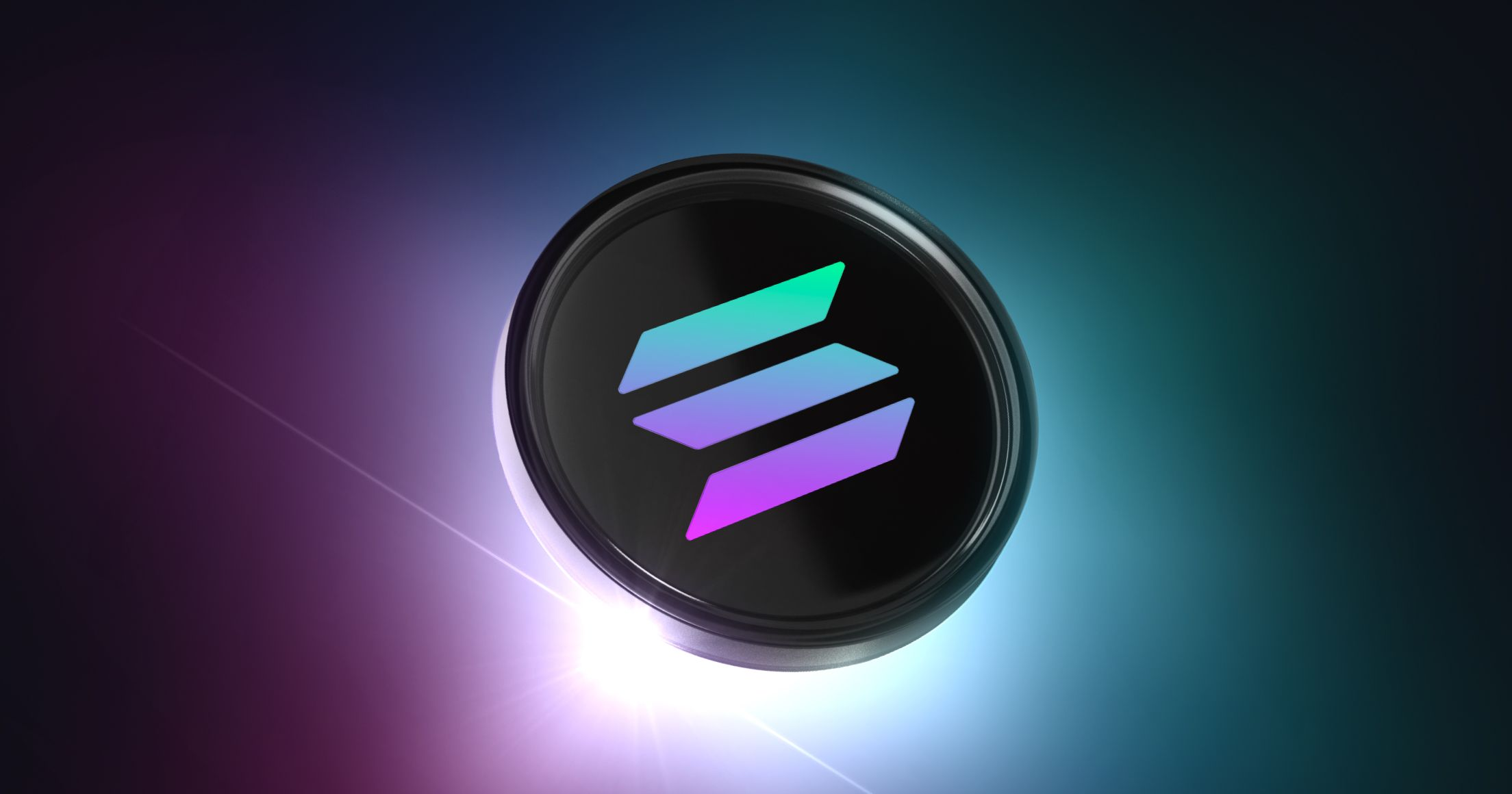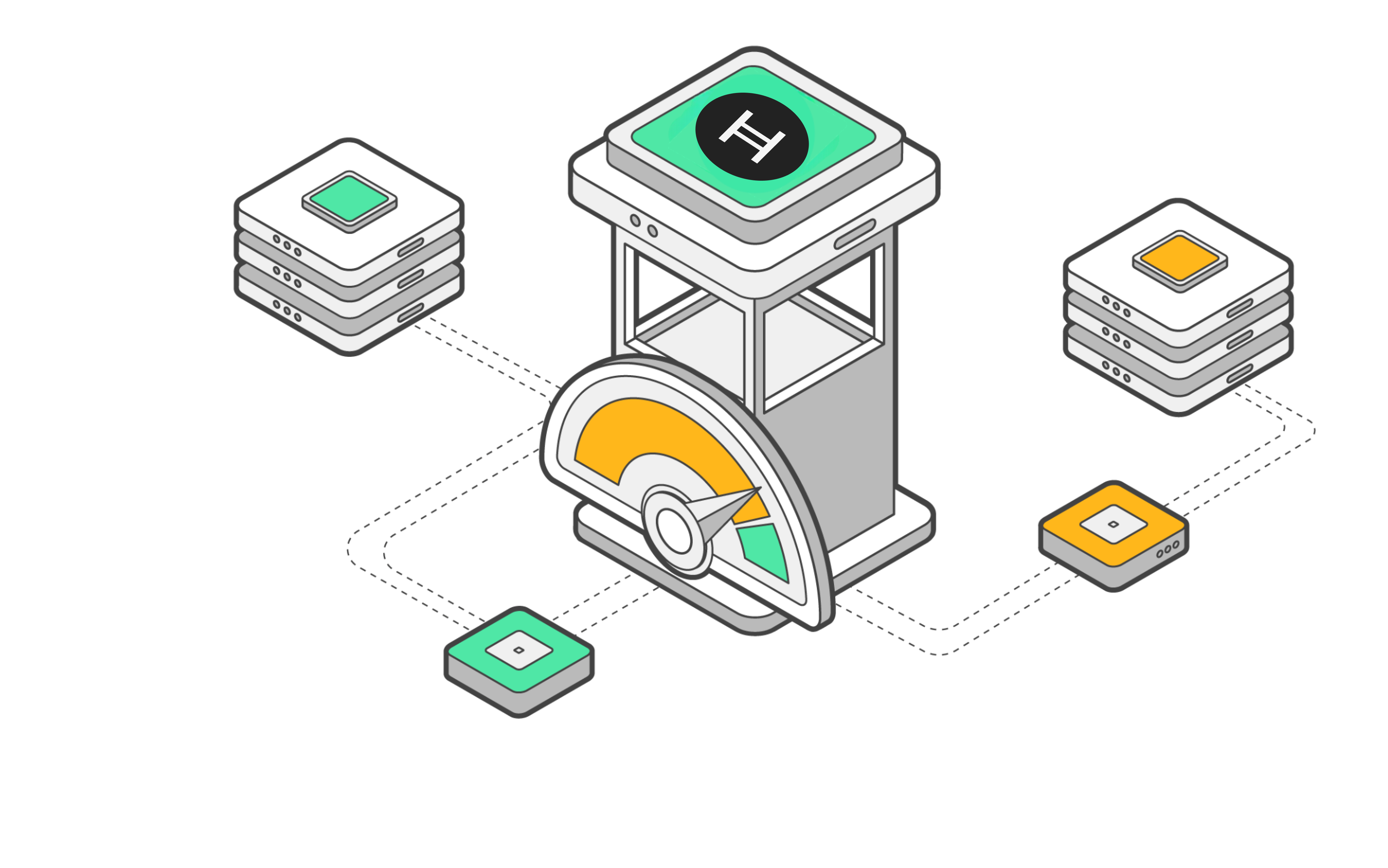
Best Crypto Exchanges in Germany (2025 Guide)
Top Crypto Exchanges in Germany 2025: Compare Fees, Safety & BaFin-Regulated Platforms
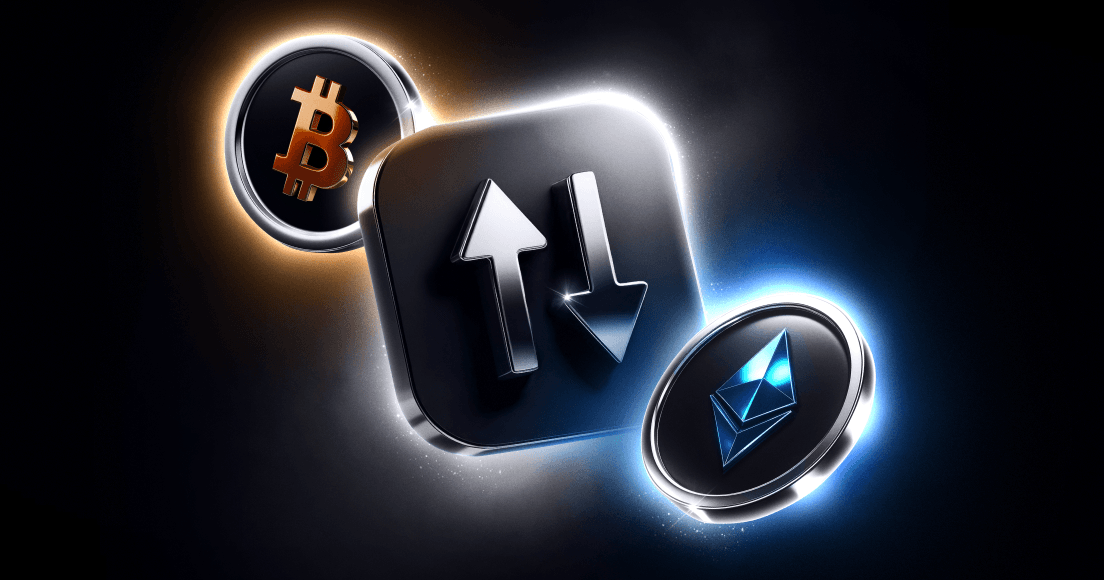
- AI summary
- How to Choose the Best Crypto Exchange in Germany
- Top 7 Best Crypto Exchanges in Germany (2025)
- Comparison Table – Best German Crypto Exchanges (2025)
- Fees on German Crypto Exchanges
- Safety & Regulation of Crypto Exchanges in Germany
- Alternatives to Crypto Exchanges in Germany
- Future of Crypto Exchanges in Germany
- FAQ – Best Crypto Exchanges in Germany
- Final Thoughts
AI summary
Germany is at the forefront of cryptocurrency adoption in Europe, thanks to strong regulatory oversight from BaFin and upcoming EU MiCA rules, which emphasize safety, transparency, and compliance for crypto exchanges. The article reviews the top seven crypto trading platforms for 2025 in Germany, highlighting their fees, security features, and suitability for different users, while stressing the importance of regulation and self-custody wallets for maximum asset protection. Looking ahead, the landscape is set to become more competitive and secure, with increased institutional involvement and enhanced user tools.
Germany leads Europe in cryptocurrency adoption, supported by a robust regulatory framework and growing institutional interest. The country’s financial authority, BaFin, and the EU’s new MiCA regulation uphold strict safety and transparency standards for traders. When choosing a platform, focus on three essentials: solid security (including self-custody options like Tangem wallet), fair and transparent fees, ease of use across payment methods, supported coins, and mobile apps. This guide explains how to select the ideal exchange in Germany and reviews the top seven platforms for 2025, including comparisons, fee insights, safety tips, and an outlook on the future of crypto trading.
How to Choose the Best Crypto Exchange in Germany
Regulation: BaFin & MiCA
Choosing a regulated exchange in Germany is non-negotiable. Platforms must comply with BaFin rules and, from 2025 onward, the EU’s MiCA regime. Germany classifies many cryptocurrencies as financial instruments, forcing service providers to get licenses. An exchange without proper licensing may expose you to a higher risk of hacks, insolvency, or regulatory action.
Security Standards
Look for evidence that an exchange stores most coins in cold (offline) wallet storage, supports two-factor authentication, has proof of reserves (if available), and segregates client funds from its operational funds. After purchase, self-custody is worth considering — you control the private keys, thereby reducing counterparty risk. A hardware or smart-card wallet (e.g., Tangem) offers long-term safety.
Fees & Hidden Costs
Fees in crypto exchanges are more than just the headline number. Check for maker/taker fees, spreads (the difference between the buy and sell prices), deposit/withdrawal fees (including SEPA, Sofort, PayPal, and card fees), and any hidden charges embedded in the price. Some apps advertise “no fees” but rely on wider spreads.
Deposit Methods
In Germany, convenience matters include SEPA bank transfers, instant payment methods (Sofort), and debit/credit cards. Cheaper and faster deposit methods are essential for active traders.
Liquidity & Customer Support
If you’re trading higher volumes or less common coins, you want a good order book depth and prompt customer service (in German, if preferred). A platform backed by a central exchange or regulated institution often delivers better support.
Why Self-Custody Wallets Matter
Even the best exchange may face hacks, regulatory issues, or insolvency risks. That’s why storing your crypto yourself (once you no longer need the exchange for active trading) is wise: “Not your keys, not your coins.” A hardware wallet like Tangem gives you complete control.
Top 7 Best Crypto Exchanges in Germany (2025)
Here are our recommendations for platforms in Germany—each one strong in its own way. Our list covers beginner-friendly and advanced options, mobile-first apps, and full-feature exchanges.
1. Bitpanda – Best for Beginners & EU Users
Based in Austria, Bitpanda now holds a MiCA license, issued by BaFin, enabling it to fully regulate its service for German users.
- Pros: Easy onboarding, EUR deposits, wide selection of coins, German-language support.
- Cons: Fees are slightly higher than ultra-low-cost platforms.
2. BISON App (by Börse Stuttgart) – Best Mobile Exchange
Made in Germany, fully regulated, backed by Börse Stuttgart Group. The app is highly user-friendly.
- The pros are a simple mobile interface, no trading fees (you pay via spread), and deposits from a German bank account.
- Cons: Limited coin options compared to larger exchanges; more suitable for beginners.
3. BSDEX (also by Börse Stuttgart) – Best for Professional Traders
A regulated trading venue (MTF) designed for digital assets. Strong transparency and professional-grade trading.
- Pros: Low fees (from ~0.20%), regulated custody, German infrastructure.
- Cons: Smaller coin selection; less beginner-oriented UI.
4. Kraken – Best for Security & Advanced Trading
A globally recognized exchange now operating in Germany through a BaFin-compliant partnership.
- Pros: High security, numerous trading features (including futures/margin), and a wide range of coins.
- Cons: Some features may be complex for beginners; the fee structure can be higher.
5. Coinbase Germany – Best for Ease of Use
The US-based giant has operated a German arm licensed by BaFin since 2021.
- Pros: Very intuitive interface, strong brand reputation, suitable for first-time buyers in Germany.
- Cons: Higher fees than many European competitors; support may be less localized.
6. Binance (Limited in Germany) – Best for Low Fees
Although globally dominant, Binance faces regulatory restrictions in Germany and has withdrawn or adjusted some services.
- Pros: Very low fees, large coin selection, strong liquidity.
- The cons are that regulations in Germany are less clear, some features may not be available, and there is a higher risk of regulatory change.
7. eToro Germany – Best for Social Trading
MiCA is a multi-asset platform that offers copy trading of cryptocurrencies, stocks, and more. Recently, Germany authorized it.
- Pros: It offers social trading features (enabling you to copy other traders) and is regulated across Europe, making it suitable for investors who want more than just cryptocurrency.
- Cons: Not exclusively crypto-focused; fees/spreads may be higher for active crypto traders.
Comparison Table – Best German Crypto Exchanges (2025)
Exchange | Supported Coins | Fees | Regulation | Best For | Pros | Cons |
Bitpanda | 300+ coins | From ~0.10-0.15% (varies) | BaFin / MiCA licensed | Beginners & EU users | Wide coin selection, EUR deposits | Fees are higher than ultra-low cost |
BISON App | ~40+ coins | No trading fee; spread built-in | German license via Börse Stuttgart | Mobile beginners | Very user-friendly mobile app | Fewer advanced features |
BSDEX | 10-20 coins | From ~0.20% | Fully regulated German trading platform | Professional traders in DE | Low fees, strong regulation | Smaller coin list, less UI polish |
Kraken | 400+ coins | Maker/taker from ~0.25%+ | German operations via BaFin-compliant partner | Security-conscious traders | Advanced features, high security | The interface may overwhelm beginners |
Coinbase Germany | 250+ coins | From ~0.40%/0.60% (maker/taker) | Earliest BaFin license in Germany | Easy onboarding for beginners | Trusted brand, simple UI | Higher fees |
Binance (DE) | 600+ coins | From ~0.10% (global) | Limited regulatory clarity in Germany | Low-fee seekers | Huge coin choice, very low costs | Regulatory uncertainty in Germany |
eToro | 100+ coins | Spreads ~1-2% (varies) | MiCA-authorized for Germany | Social & multi-asset investors | Copy-trading, multi-asset exposure | Crypto fees/spreads may be higher |
Note: Always check the current fee schedule, coin list, and regulatory status before signing up.
Fees on German Crypto Exchanges
Crypto fees in Germany vary significantly. Here are key cost factors to watch:
- Maker/taker fees: Traditional order-book fees. Larger volume users often qualify for lower tiers.
- Spreads: Many “no-fee” mobile apps embed their margin in the spread (buy price vs sell price).
- Deposit/withdrawal fees: SEPA transactions are typically either free or inexpensive; however, payments via Sofort, PayPal, or card may incur additional costs.
- Hidden charges: For example, conversion fees from fiat to crypto, inactivity fees, or limits that trigger higher costs.
- Structure example: A recent comparison revealed maker/taker fees for top German exchanges: Coinbase at ~0.40%/0.60%, and Kraken at ~0.25%/0.40%.
As a user, choose an exchange where your preferred deposit method is low cost, and check how much you’ll pay (not just the headline “0%” adverts).
Safety & Regulation of Crypto Exchanges in Germany
Germany is one of the most highly regulated markets in Europe. Here’s why:
- BaFin oversight: The German regulator classifies crypto custody and trading services as regulated financial services. For example, Coinbase Germany GmbH received a BaFin license in 2021.
- MiCA implementation: Starting in 2025, the EU MiCA regime will introduce further consistent rules across EU states. Germany is progressing accordingly.
- AML/KYC standards: Licensed exchanges must perform identity verification and anti-money-laundering checks.
- Custody standards: Some German platforms (e.g., BSDEX) emphasize that coins are held “in trust” and not lent out.
- Unlicensed risks: Using a platform without regulatory oversight in Germany increases your risk of loss, seizure, or poor recourse.
In short, pick an exchange with clear BaFin/MiCA compliance, and you will boost your safety.
Alternatives to Crypto Exchanges in Germany
If you’re cautious about exchanges or want long-term self-custody, here are alternatives:
- Peer-to-peer trading platforms: You can buy crypto directly from individuals in Germany, but this carries higher counterparty risk and often higher fees.
- Bitcoin ATMs: Convenient, but fees are often 5-10% higher than online exchanges.
- Self-custody wallets: Once you’ve purchased crypto, you can move it off the exchange and into a self-custody wallet. Hardware wallets (like Ledger) or smart-card wallets (like Tangem) give you complete control of your private keys. The underlying principle: Not your keys, not your coins.
- Brokerage products & tokenized assets: Some German platforms also offer crypto via stock-like tokens or ETPs, which is helpful if you prefer not to deal with private-key storage.
Future of Crypto Exchanges in Germany
Looking ahead, several trends will shape the crypto-exchange landscape in Germany:
- MiCA rollout and stricter compliance: Greater supervisory transparency and uniform EU rules will raise standards across the board.
- Institutional adoption: German banks (e.g., Commerzbank) and financial groups are exploring crypto custody and trading services. That means more institutional-grade platforms for retail.
- Digital Euro & CBDCs: The upcoming digital euro could change fiat-cryptocurrency flows, deposit/withdrawal structures, and open new fiat-crypto bridges.
- Increased competition and innovation: As regulation reduces risk premiums, fees could further decline, and services (staking, yield, DeFi integration) may become more prevalent.
- Greater self-custody tools: As users become more aware of the importance of private-key control, expect wallets (smart-card, hardware, mobile) to integrate more seamlessly with exchanges for “withdraw once traded” workflows.
FAQ – Best Crypto Exchanges in Germany
What is the safest crypto exchange in Germany?
Safety ultimately depends on regulation, custody policy, and a track record. Platforms licensed by BaFin and compliant with MiCA (or preparing to be compliant) are safer. They should also ensure they segregate client funds and offer self-custody options.
Which crypto exchange has the lowest fees in Germany?
For ultra-low fees, look at platforms like BSDEX (~0.20%) or global giants like Binance (where regulatory access in Germany is more limited). However, check whether your trading pattern and coin choice match the low-fee tier.
Can I use Binance in Germany?
You can, but you should check which version of Binance you’re using and what regulatory regime applies to it. Binance has faced regulatory pushback in Germany, and some of its services may be restricted or modified.
What is the most popular crypto app in Germany?
The BISON App (by Börse Stuttgart) is a strong contender for mobile simplicity and German-language support. However, popularity depends on your coin range and trading style.
Is Coinbase better than Kraken in Germany?
“Better” depends on what you need. Coinbase offers effortless onboarding and is very beginner-friendly; Kraken, on the other hand, provides more advanced trading tools, a wider range of coins, and a stronger emphasis on security, but with a steeper learning curve.
Final Thoughts
If you live in Germany and want to trade crypto, picking a well-regulated, transparent exchange matters more than ever. Focus on platforms that meet BaFin/MiCA standards, offer transparent fees, provide good support, and enable smooth withdrawals to a self-custody wallet. The landscape has matured, and you can confidently trade Bitcoin or altcoins with the right choice. If you’re ready to take control of your crypto, consider moving your coins off exchanges and into secure self-custody with Tangem Wallet, which lets you store and manage your assets safely, without passwords or cables—just tap your card and completely control your crypto, anytime and anywhere.

